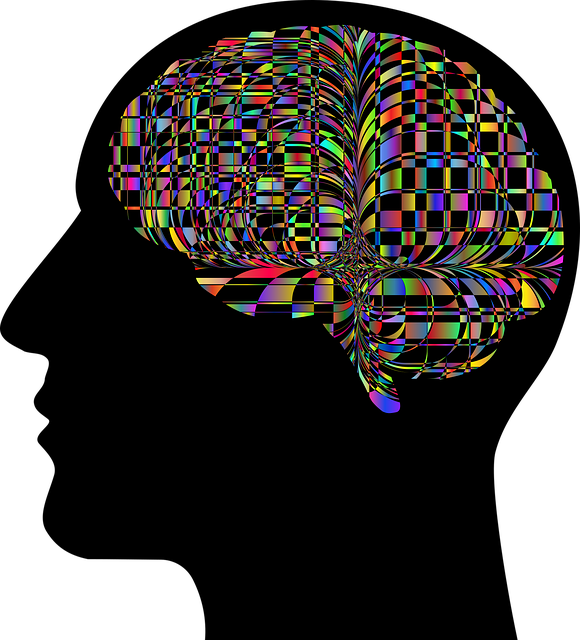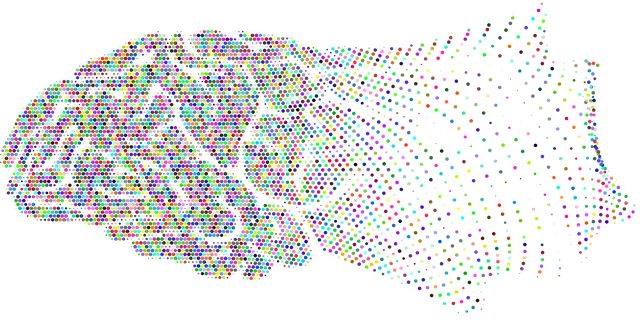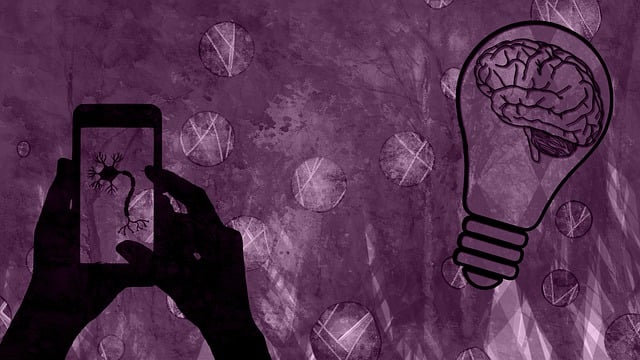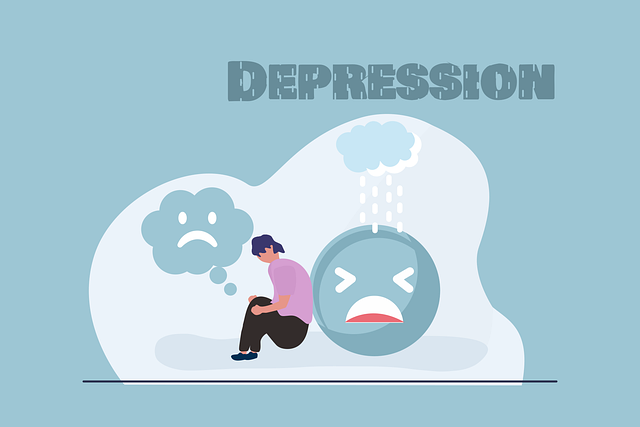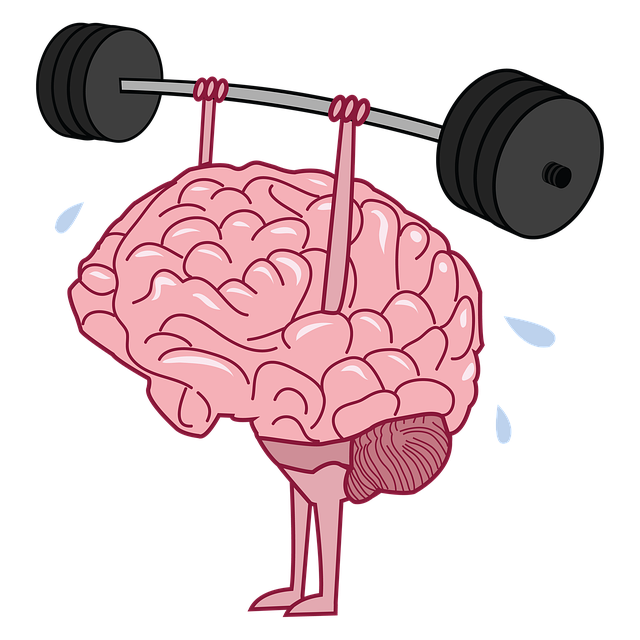Broomfield Learning Disability Therapy empowers individuals with mental health conditions to improve their social skills and emotional well-being through tailored therapy sessions, real-world practice, and innovative techniques. By focusing on communication, active listening, empathy, and conflict resolution, this program helps clients navigate social challenges confidently, fostering healthier relationships and better mental health outcomes. Broomfield's approach combines role-playing scenarios, burnout prevention, and risk management planning to enhance interpersonal interactions and overall quality of life for those supported.
Social skills training is a powerful tool for improving mental health outcomes. This comprehensive guide explores how understanding social interactions can significantly impact individuals with mental health conditions. We delve into common challenges, highlighting the effectiveness of approaches like Broomfield Learning Disability Therapy in enhancing social skills. Through practical strategies and techniques, this article equips readers with valuable insights for fostering meaningful connections and boosting overall well-being.
- Understanding Social Skills and Their Impact on Mental Health
- Identifying Challenges: Common Issues in Social Interactions for Individuals with Mental Health Conditions
- Broomfield Learning Disability Therapy: An Approach to Enhancing Social Skills
- Strategies and Techniques for Effective Social Skills Training
Understanding Social Skills and Their Impact on Mental Health

Social skills are essential aspects of human interaction and play a pivotal role in our mental health and overall well-being. They encompass a range of abilities, from effective communication and active listening to empathy and conflict resolution. For individuals with mental health conditions or learning disabilities, such as those offered Broomfield Learning Disability Therapy, understanding and developing these skills can be transformative.
In the context of healthcare, promoting emotional well-being often involves addressing social skill gaps. Healthcare providers equipped with cultural competency training recognize that social interactions can significantly impact a patient’s experience and recovery. By teaching and reinforcing positive social behaviors, Emotional Well-being Promotion Techniques become effective tools in managing mental illness. Furthermore, Mental Illness Stigma Reduction Efforts benefit from these skills, fostering more inclusive communities and supporting individuals in navigating social challenges with confidence and resilience.
Identifying Challenges: Common Issues in Social Interactions for Individuals with Mental Health Conditions

Individuals with mental health conditions often face unique challenges when it comes to social interactions due to symptoms such as anxiety, depression, or psychosis. These conditions can significantly impact their ability to engage and connect with others in everyday settings, leading to potential isolation and further exacerbation of symptoms. For instance, someone with social anxiety might struggle to initiate conversations or feel intensely self-conscious in social situations, which can hinder their participation in group activities or even simple interactions at work or school. Similarly, individuals with schizophrenia may experience difficulty interpreting social cues or maintaining relationships due to auditory hallucinations or disorganized thinking.
Broomfield Learning Disability Therapy recognizes these challenges and aims to empower clients by teaching essential social skills. Through tailored therapy sessions, they address specific needs, focusing on improving communication, empathy, and emotional regulation. The implementation of a Community Outreach Program can further enhance these efforts, providing opportunities for individuals to practice their skills in real-world settings. By participating in group activities or volunteering, clients build resilience, learn coping strategies, and gain confidence, ultimately improving their overall social functioning and quality of life. Additionally, burnout prevention techniques and resilience-building exercises are integrated into therapy to support long-term mental well-being.
Broomfield Learning Disability Therapy: An Approach to Enhancing Social Skills

Broomfield Learning Disability Therapy is a specialized approach designed to help individuals with mental health conditions enhance their social skills. This therapy focuses on teaching practical communication strategies and emotional regulation techniques tailored to each person’s unique needs. By employing innovative methods, therapists guide clients through activities that foster meaningful interactions and promote emotional well-being.
Through Broomfield Learning Disability Therapy, participants learn to navigate social situations more confidently, improving their relationships and overall quality of life. The program incorporates various emotional well-being promotion techniques, enabling individuals to better manage stress, anxiety, or other challenges they may face. By mastering communication strategies, these individuals can express themselves more effectively, leading to enhanced self-esteem and improved mental health outcomes.
Strategies and Techniques for Effective Social Skills Training

Social Skills Training is a crucial component of Broomfield Learning Disability Therapy, offering individuals with mental health conditions an opportunity to enhance their interpersonal interactions and overall well-being. Effective strategies often involve role-playing scenarios that replicate real-life situations, enabling participants to practice and receive immediate feedback. This interactive approach fosters the development of essential social cues, communication techniques, and emotional regulation skills.
Incorporating Burnout Prevention and Risk Management Planning for Mental Health Professionals is vital for maintaining a healthy work-life balance while providing support to clients. Confidence Boosting exercises tailored to each individual’s unique challenges can significantly impact their ability to engage in social settings. Through structured activities and guided practice, individuals learn to navigate social situations with greater ease, leading to improved mental health outcomes and enhanced quality of life.
Social skills training, such as that offered by Broomfield Learning Disability Therapy, plays a pivotal role in enhancing mental health outcomes. By addressing common challenges in social interactions, this approach empowers individuals with mental health conditions to navigate social situations more effectively. Incorporating evidence-based strategies and techniques ensures a holistic improvement in their overall well-being, fostering better relationships and a stronger sense of community.


